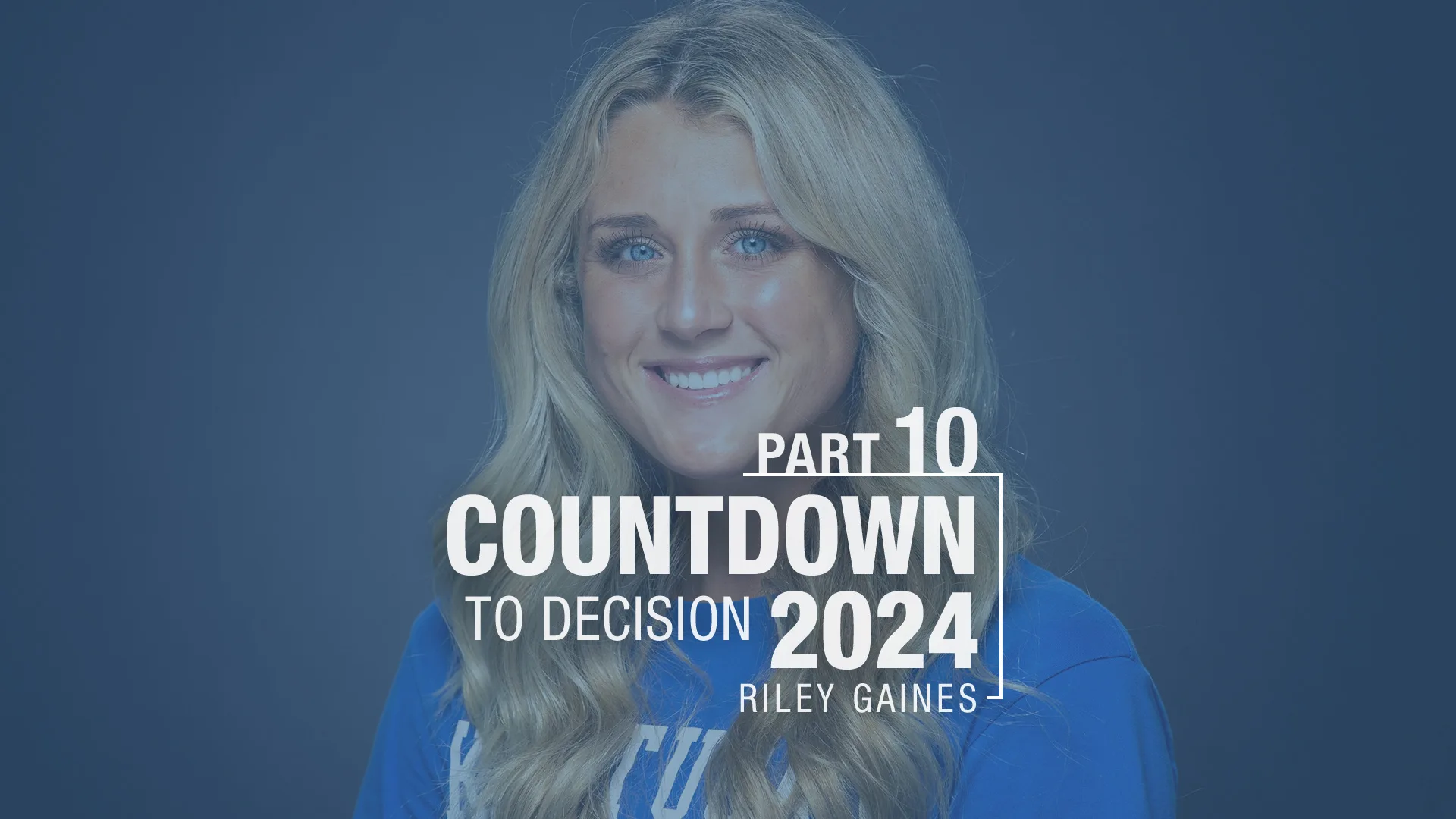Riley Gaines: Champion Swimmer and Advocate for Women’s Equality

Introduction
Riley Gaines has emerged as a prominent figure in the national conversation surrounding women’s sports, particularly regarding equity and the participation of transgender athletes in female competitions. As a former NCAA swimmer and accclaimed competitor, Gaines’s experiences and advocacy are reshaping discussions about fairness in athletics.
Background and Achievements
Gaines, a University of Kentucky graduate and a decorated swimmer, gained national recognition not only for her athletic prowess but also for her outspoken views on maintaining the integrity of women’s sports. Winning multiple accolades during her collegiate career, including SEC championships, her commitment to her sport has been unwavering. However, her advocacy took on new prominence after she participated in competitions alongside transgender female athletes, which she argues undermines the opportunities for cisgender women in sports.
Recent Events and Advocacy Efforts
In recent months, Gaines has been vocal about her concerns through social media platforms and public speaking engagements. Her testimony during legislative hearings has called attention to what she sees as a critical issue facing women athletes today. In a series of debates and appearances, she has lauded the need for fair competition and has urged lawmakers to consider policies that uphold biological distinctions in sports. Gaines participated in organized protests and has collaborated with various advocacy groups aimed at safeguarding women’s rights in athletics.
The Impact of Her Advocacy
Gaines’s efforts have sparked heated discussions across the nation. Supporters praise her bravery and commitment to women’s sports, while opponents challenge her perspective, citing inclusivity and the support of transgender rights as vital issues. This polarising debate reflects broader societal conversations about gender identity, fairness, and equal opportunities across all fields.
Conclusion
The significance of Riley Gaines’s advocacy is evident as it resonates with many who are concerned about the future landscape of women’s sports. Her commitment to this cause has shed light on the complexities of gender in athletics and has mobilised both supporters and critics alike. As the dialogue continues, it remains crucial for stakeholders in sports, including governing bodies, athletes, and legislators, to navigate this issue thoughtfully, ensuring that fairness and inclusion are priorities for all parties involved.
